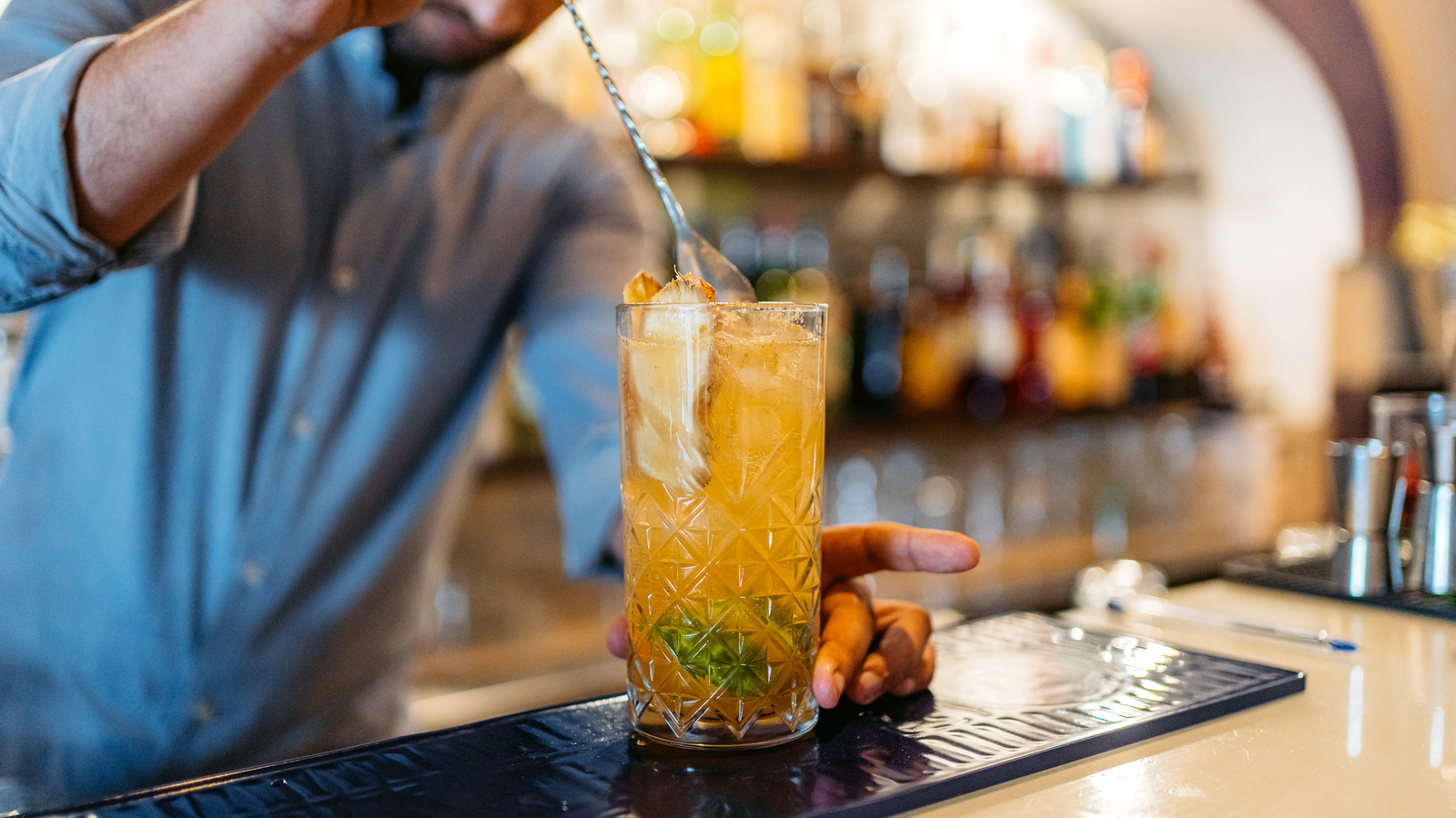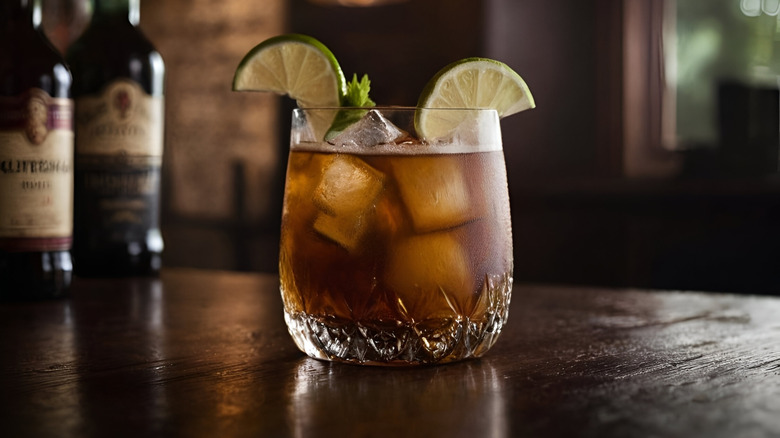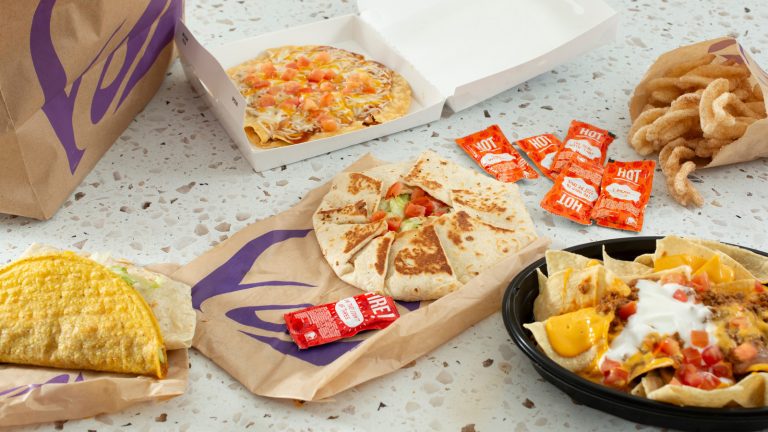From mocktails like the Shirley Temple to a classic highball where it’s paired with spirits, ginger ale will almost certainly be found on a bar menu. Since the Prohibition era, ginger ale has been a mainstay, versatile drink base because of its ability to conceal the scent of alcohol during a time when it was frowned upon. This is in addition to its knack for rounding out the flavor of just about any spirit it’s paired with. However, the next time you go to pour that bottle of ginger ale into a whiskey ginger, you may want to reach for ginger beer instead. While they may sound like the same thing, there are a few major differences between ginger ale and ginger beer, such as the fizziness and how intense that ginger flavor can be. Here, the more vibrant ginger beer may be just the ingredient for anyone looking to add a little extra pizazz to their cocktails.
Diving deeper, while both are typically carbonated and sweetened with sugar, ginger ale tends to be more subtle in its ginger flavor. This works in a cocktail like whiskey ginger by allowing the spirit to shine through, with ginger as the supporting act. However, while this is a tried-and-true recipe, opting for ginger beer’s bolder flavor instead grants a zesty, earthy compliment to whiskey’s sweeter notes. If there’s an eyebrow raised, the combination of whiskey and stronger notes of ginger makes more sense than one might think. In fact, brands who are experts in the matter, like Rebel and Cask & Crew, already sell their spin on ginger-forward whiskey for anyone to imbibe in.
Ginger beer works magic in many cocktails
Ginger beer has an equal place to its sibling behind the bar, one just needs to know when to use ginger beer in lieu of ginger ale in a cocktail. Of course, the Moscow mule served in its iconic copper mug might be among the first thoughts of ginger beer-related cocktails. However, ginger beer can be teamed with more than just vodka. When coupled with strong, well-aged spirits like rum and whiskey, ginger beer is the better choice as it won’t be overpowered as easily. In a classic cocktail like the dark and stormy, for example, ginger beer lends a peppery complexity to the syrupy sweet notes of dark rum and lively, citrusy lime. You can take this quality of ginger beer and swap it in place of ginger ale in bold tipples that could do with a bit more spice and zing.
It’s important to remember that not all ginger beers are created equal. Different brands ferment and create their ginger beer in ways unique to them, so the sweetness and intensity can ebb and flow greatly between them. Experimentation may play a vital role here in finding the one that best suits the tastebuds, but another option would be going the home brew route. The fermentation process might take two to three days depending on the ingredients used and personal preference, but it would grant a customizable intensity to a flavor that’s brewed to perfection for spicier cocktails.






